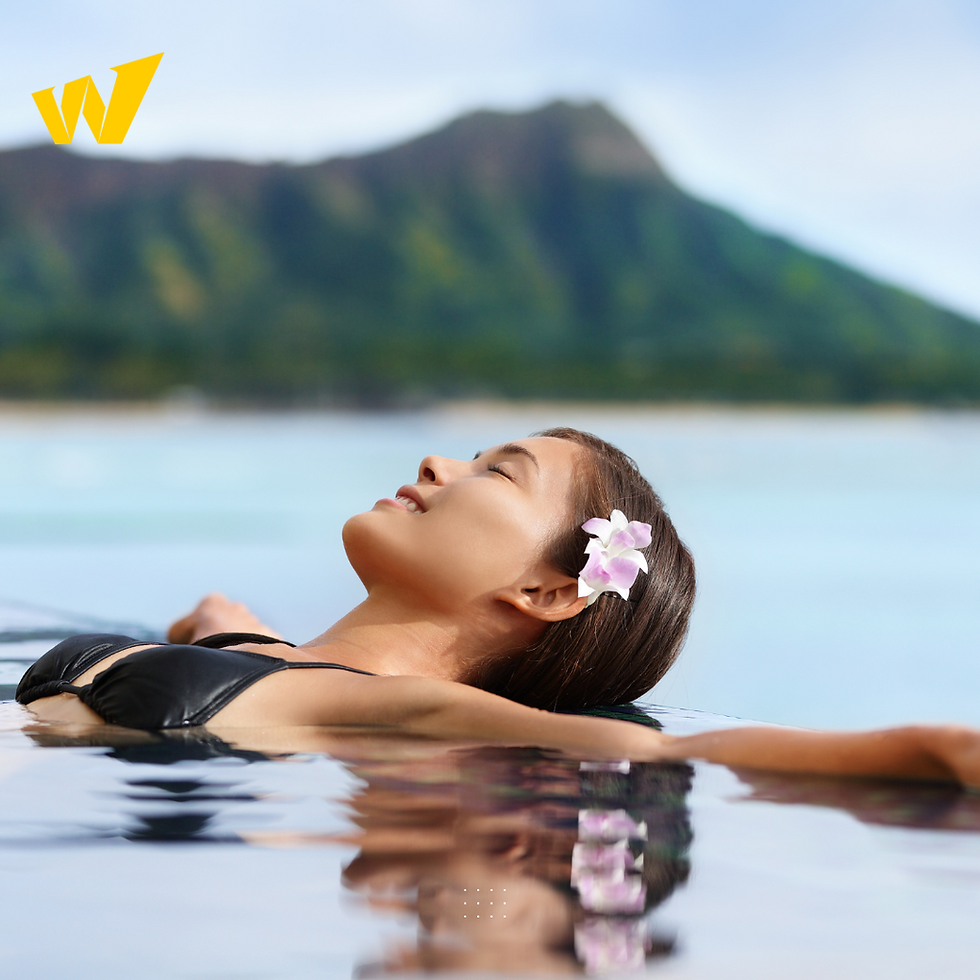Check-In, Burn Out: Are Hotels Becoming the New Wellness Retreats?
- Hospitality Watch PH

- Jul 7, 2025
- 2 min read

Once upon a time, checking into a hotel meant plush robes, a well-stocked minibar, and the occasional turndown chocolate. But today’s check-ins come with something new—sound baths, healing crystals, breathing coaches, and even personalized sleep programs. Hotels are no longer just places to rest—they’re becoming sanctuaries to recover.
From Overworked to Overnight Reset
With 40% of Filipinos reporting signs of burnout (according to a 2024 survey by MentalHealthPH), it’s no wonder that the hospitality industry is tuning in. What used to be a niche amenity reserved for ultra-luxury retreats is now going mainstream. Mid- to high-end hotels are integrating wellness not just into their spas—but into your room, your meals, and your overall experience.
New World Makati recently introduced a “Mindful Mornings” room package, complete with yoga mats, Himalayan salt lamps, and guided meditation playlists.
At Crimson Mactan, guests can now book holistic treatments like hilot with native herbal infusions.
The Farm at San Benito, though long known for wellness, has doubled down on integrative detox programs, attracting both local and international execs craving a health reset.
Beyond Spa Treatments: Wellness, Repackaged
Wellness now means more than massages. It’s organic menus. Blue light-blocking glasses by the bedside. Sleep concierge services that help curate your perfect pillow and tea combo. Even minibars are evolving—goodbye gin, hello ginger kombucha.
According to a 2025 report by Global Wellness Institute, wellness tourism is expected to grow 8.3% annually, with Asia-Pacific being the fastest-growing region. Hotels in the Philippines are catching on, merging the line between leisure and lifestyle.
Is This the Future of Hospitality?
The rise of “intentional stays” suggests it is. Whether you’re a city dweller seeking stillness or a digital nomad needing to unplug, hotels are leaning into wellness not just as an amenity—but as an identity.
Because in a post-pandemic world, self-care is no longer a luxury. It’s a necessity.
%20(2)_edited.png)
Comments